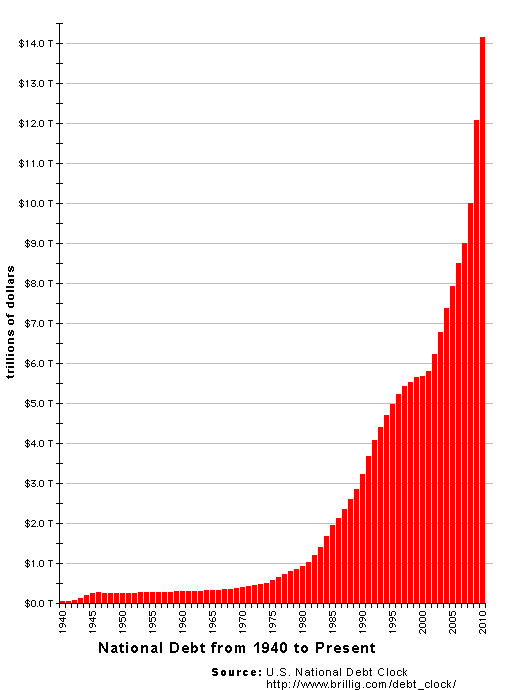B
BrnCow
lets have another contest ..total body count from 1950-2012 ..I think the u.s. would win before the end of the 80's
How about from 1900 to today? Let's see what these greedy murderous bastards have really been up to! From all countries. Get the big picture. Maybe billions? These fuckheads do not need to running the world. They need to be in asylums or digging sewer pipe holes and busting rocks in prison. Should have been done when they instituted property taxes and labor taxes! That's when they stole every square inch of the country and started renting it back to us. We don't own shit! They own it and if you get behind on the rent, they will evict your ass in short order! They allow us to sell the right to use it to others who can build on it with permits as long as the taxes and fees are paid. They have turned the tables on society and gained control so they can commit serial murders legally and have an army to keep them from the gallows. Now, they call some plant illegal and put society in jail for using it....and Ron Paul seems to be the only person not trying to extend the current rein of terror on citizens. And they are afraid for their welfare if he gets advertised or elected. As they should be.



